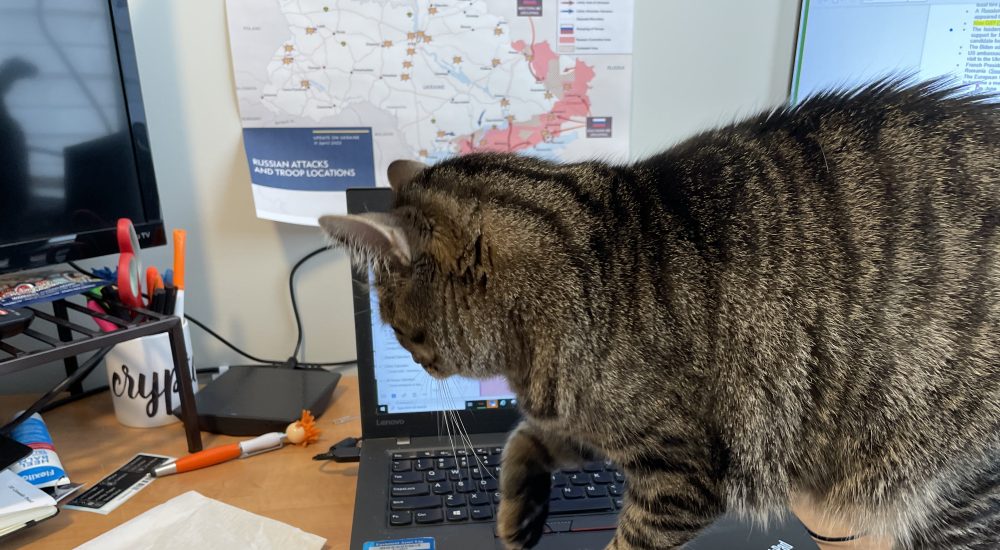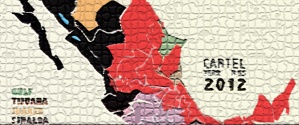There are many words for the Sochi games, none of them flattering. It’s hard to watch these elite athletes compete more against the weather than each other. Moreover, it’s just wrong, given how hard these people have worked for the opportunity to be here. But none of that matters to the man who orchestrated this fiasco, Vladimir Putin. These have been dubbed Putin’s Games for good reason. Everything has been done to suit his purposes, and the world will never know what those really are. Documentaries report back that the level of corruption is staggering, even by Russian standards.
Since the fall of Communism and the Berlin Wall back in 1990, Russia has become a wild-west, ruled more by criminal elements than actual government processes. Dreams of prosperity and democracy, a better life for the common man, have remained pretty much that. Dreams. Those who have the money or the power, or ideally both, make the rules and reap the rewards in the new state. The KGB had no trouble finding new employers. And more than ever, the Russian Mafiya is everywhere.
Welcome to Putin’s world. And he knows it well, given that this is his third term as President. That kind of longevity is no small feat for any political leader. Evidently, Putin thrives in times of chaos. Utilizing his former KGB background, and his years of experience in Russian politics, He was quick to get his house in order during his terms, exiling and imprisoning those who stood in his way, forcing others to yield to his will. And though critics declared his reforms and methodology as harsh, undemocratic and authoritarian, that was what it took to manage the disparate elements of the New Russia. Putin is no political pushover. He neither needs nor wants the United States and as such has been no friend to Western interests, as proven out by the crisis in Syria.
As events unfold in the Ukraine, it is clear there are Russian interests to be served. He does not care what the world thinks of him; he has held the reins of control far longer than other world leaders; he has blatantly used the Sochi games to further his other interests with impunity. Putin is not a puppet but a puppet-master. To underestimate his intent or the forces he commands would be disastrous. For all we think we know what Putin’s endgame might be regarding Kiev, we need to think again.

